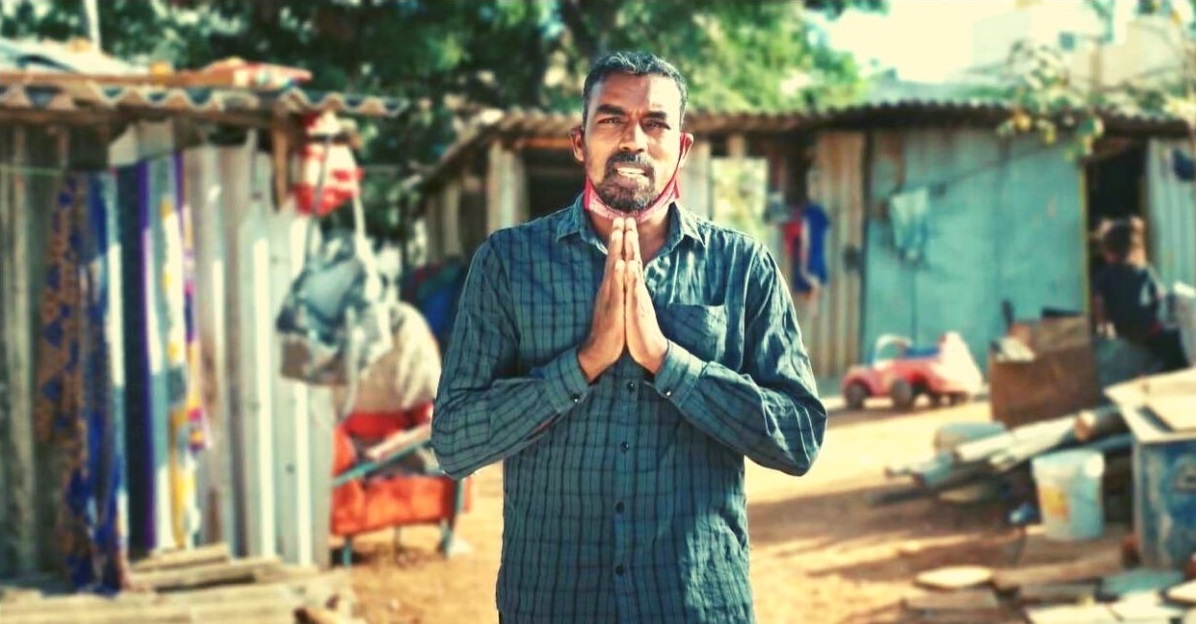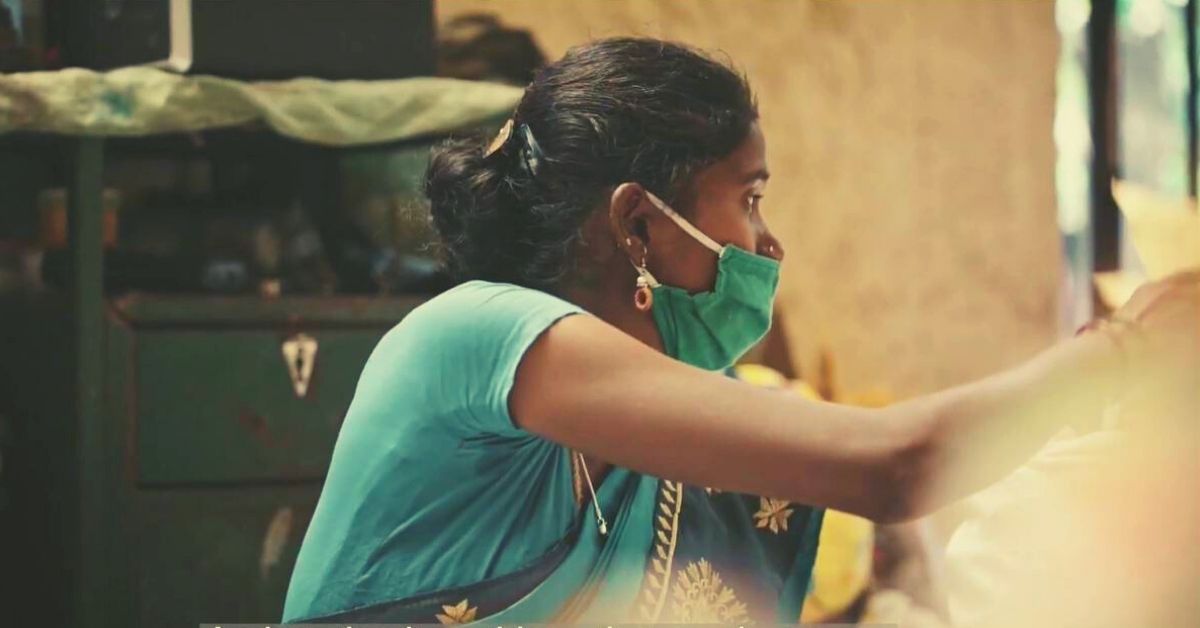This article has been published in partnership with BBC Media Action.
Do you have friends?
We know the question sounds weird. But take a moment and think about that person who is consistently there for you even in the earliest hours of the morning? Someone who takes the load off you and protects and cares for you and your family?
Now, imagine having one such friend who does all of the above, without you even knowing about them.
Is it even possible?
A unique social experiment was performed to prove just that.
Created and developed by BBC Media Action, this social experiment film introduces the residents of Bengaluru to their invisible best friends — the incredible, hard-working, and invaluable waste-pickers of the city.

These are friends who visit us every morning to take away our load of waste and ensure health and safety for us and our family members. These are the people who work in the scorching heat, through the challenges of a raging pandemic, and put their lives on the line every single day — no matter the situation. And somewhere, we are all aware, that despite the invisibility forced upon them by our society, their work is truly invaluable for the smooth functioning of our daily lives.
But what do we do for them in return? Certainly not enough, as one can see in the case of Dhanalakshmi, a Bengaluru-based informal waste-picker.
“Most people are indifferent to us and others, outright rude. We try not to interact with people at work as well because more often than not they are under the influence of alcohol. If and when we talk it ends up in a fight so we avoid it as much as possible,” says the 35-year-old, describing a typical workday in the life of a waste-picker.
Dhanalakshmi works as an informal waste-picker who has spent most of her life collecting, transporting, segregating and recycling the city’s discards. And yet her identity and contribution to society, like numerous before her, continues to be shrouded in ignorance and injustice.
Even in a metropolitan city like Bengaluru – which has a high level of citizen awareness and participation, the invisibility of informal waste-pickers is dire. As collectors, sorters, recyclers, they are a key component in the solid waste management system of the city. For decades, these invisible waste-warriors have been doing an invaluable job that is worthy of being recognised as an essential service. And yet their contribution to Bengaluru’s waste management system remains under-appreciated.

This discrimination and exploitation of the community are fuelled by the lack of recognition for the unorganised section of waste management, which goes much more beyond segregation.
With an objective to change how residents of Bengaluru perceive their invaluable friends, the waste pickers, BBC Media Action, BBC’s international development organisation, has launched a social and behaviour change communication initiative (SBCC) to improve the social acceptance of informal waste pickers among Bengalureans. BBC Media Action’s intervention is part of a larger initiative by Saamuhika Shakti, a collective of NGOs, that aims to improve the quality of the lives of informal waste-pickers. The vision of this initiative is ‘to enable the waste-pickers’ community to have greater agency to lead secure and dignified lives.
As suggested in the film, in a general sense, most people in Bengaluru are appreciative of formal waste collectors, but BBC Media Action’s formative study exposes how there exists a deep-seated stigma against informal waste pickers. It includes fear of contracting diseases from waste pickers, lack of education, homelessness to even their physical appearance.
According to the 2020 study, almost 55% of their respondents stated that informal waste pickers are dirty in appearance while 56% believed that they shouldn’t be allowed in building complexes and societies.
This prejudice and perception only encourage the community to further cocoon itself into the darkness as a way to escape from all the discrimination, bullying and violence.
People like Dhanalakshmi ensure that a city like Bengaluru does not turn into a garbage city. Yet they remain to be one of the most underappreciated parts of the population. They are the reason why we can safely forget about our waste, once we have packed and discarded them into the green and blue bins.
But, does our responsibility end there?
Not really.
And, BBC Media Action’s initiative, through the #Invaluables campaign is working to establish a positive connection between the citizens and informal waste-pickers, as a solution.
The first step, from our side, is to show appreciation, empathy and support. You can do so by joining the #Invaluables community online which contains details about the informal waste-pickers.
To find out more, click here.
Cover image: Representational
No comments:
Post a Comment